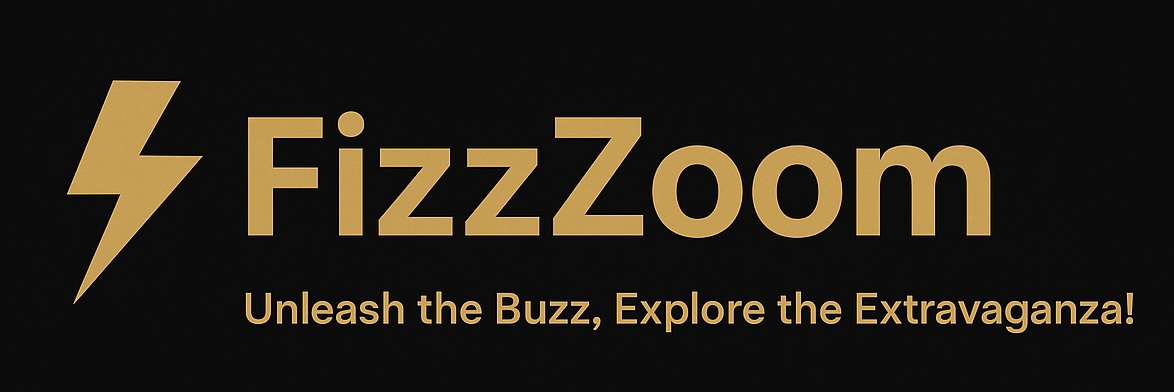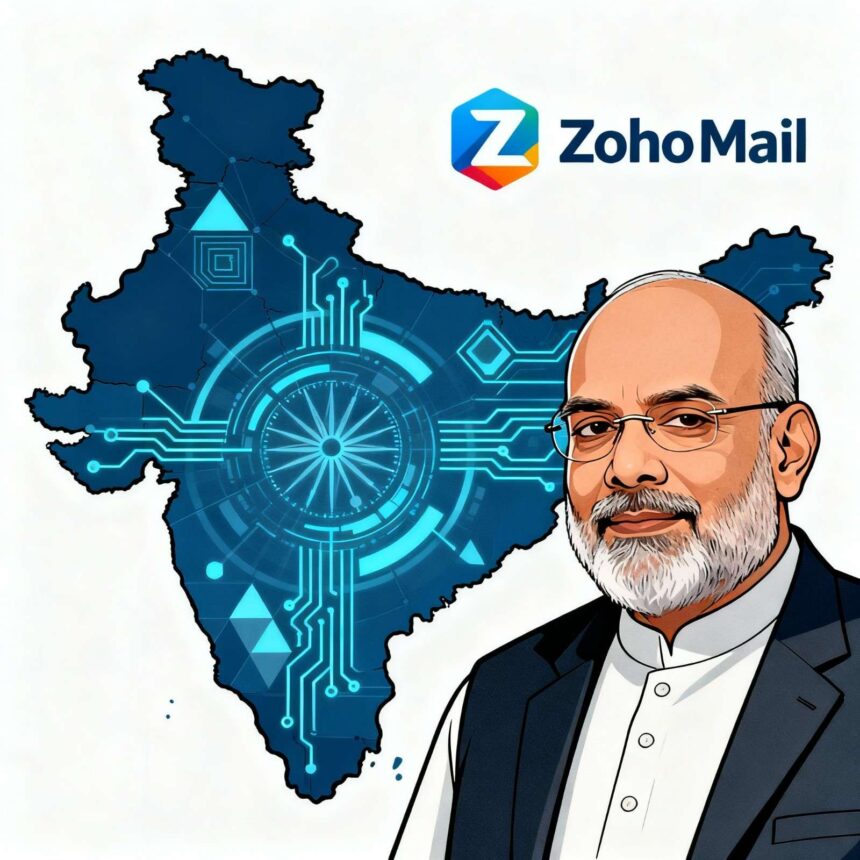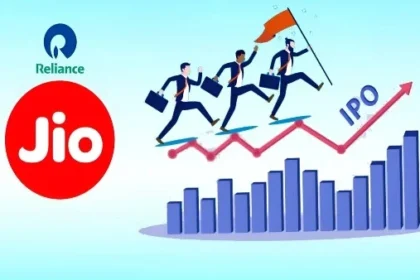Union Home Minister Amit Shah has made headlines by officially switching his office’s email correspondence to Zoho Mail, a Chennai-based platform, in a move that signals renewed confidence in India’s homegrown technology ecosystem. On October 8, 2025, Shah announced his new email address—amitshah.bjp@zohomail.in—via an X (formerly Twitter) post, urging citizens to use the Indian email provider for future communications.
Shah’s public endorsement arrives amid increasing cyber threats worldwide and a growing governmental push for digital self-reliance. In his viral post, Shah noted, “Hello everyone, I have switched to Zoho Mail. Kindly note the change in my email address.” The statement quickly earned applause from tech entrepreneurs and privacy advocates, as it comes in the wake of new government policies and recent US tariffs on Indian exports.
Why Zoho Mail?

The Home Minister’s transition is seen as part of broader efforts to embrace indigenous digital platforms, bolster data security, and exercise greater control over sensitive information. Indian authorities, concerned about data privacy and compliance risks with foreign providers such as Gmail and Outlook, have increasingly favored platforms with local infrastructure and ownership. Zoho Mail stands out for its ad-free experience, locally hosted servers, robust spam filters, and privacy-first design—all features needed for official and confidential communication.
Zoho Corporation was co-founded in 1996 by Sridhar Vembu and Tony Thomas as AdventNet and later rebranded as Zoho. The company claims over 130 million users globally, offering integrated solutions like Zoho CRM, Workplace, and Cliq, apart from its flagship email service. Anand Mahindra and other industry leaders have publicly supported Zoho’s products, further fueling their popularity.
Zoho vs. Global Rivals
While Gmail and Outlook remain market leaders internationally, Zoho Mail differentiates itself by refusing to monetize user data with ads and providing seamless integration with the wider Zoho ecosystem. Its commitment to digital privacy, customizable domains, and local data residency make it especially attractive to government offices and enterprises.
New Frontiers: Arattai and the Digital Independence Drive
Zoho has recently ventured beyond email with Arattai, a secure Indian messaging app that’s positioned as a rival to WhatsApp, featuring end-to-end encryption and voice/video calls. This expanding suite further strengthens Zoho’s reputation as a provider of secure, locally managed communication tools.
Implications and Next Steps
Amit Shah’s move sets a precedent for government adoption of Indian tech platforms—a step likely to spur similar decisions across ministries and enterprises. Analysts expect this shift to accelerate innovation among local software firms and further reduce India’s reliance on foreign products, aligning with the Digital India and Atmanirbhar Bharat initiatives.
Industry insiders predict a surge in demand for secure, privacy-oriented digital tools made in India. As platforms like Zoho gain ground, the future of Indian tech appears set for rapid and responsible expansion.







